Reply To:
Name - Reply Comment
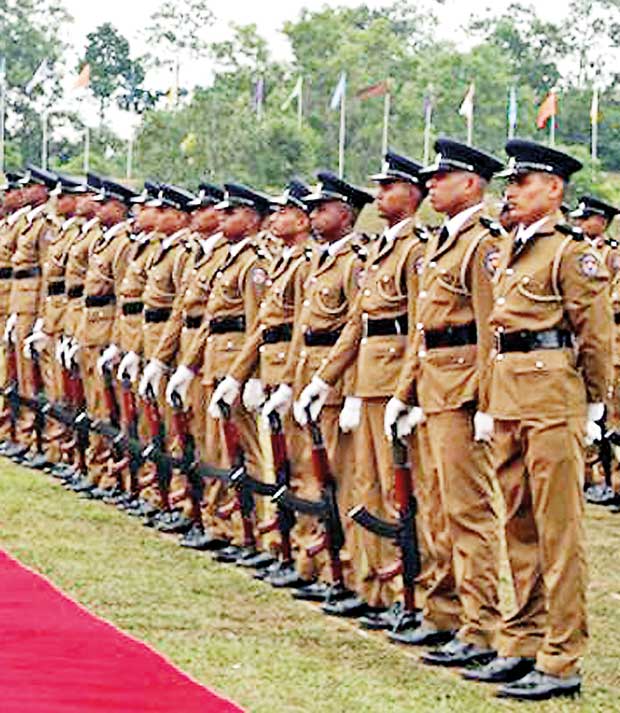
"Police University will be established in order to obtain higher education on Police Science and Criminal Justice "
A systematically evolving Policing method can be observed in every developed society. The chronicles of Mahawamsa also records that during the reign of King Pandukabhaya (437 - 367 B.C.), there had been a position named, ‘Nagara Guththika’, which had similar duties of Police even under the monarchical system of ancient Lanka.
Further, the establishment of a rural administrative system and building the city of Anuradhapura as the administrative centre had begun during the same period. Later on, various kings took measures to maintain order among the citizens and it has been recorded in the history that King Udaya II (887 - 898 A.D.) had established a proper Gamsabha system.
The Police Service was informally established in Sri Lanka by the British as a means of providing a security measure through patrolling for ensuring safety of the warehouses of Colombo harbour in 1795. Later on, the need for a formal Police service came up both due to the inadequacy of the prevailing Police Vidhane system to prevent various picaresque acts and due to various appeals made by the public officers highlighting the importance of a proper Police service.
Consequently, Sri Lanka Police Service was informally established around 1832, subsequent to the division of Colombo area into 15 Police zones and the attachment of 10 Police Sergeants, 05 Police Constables and 150 peons. Afterwards, Police stations had been established in other areas such as, Galle, Negombo and Kandy.
As the first Sri Lankan Superintendent of Police, Mr. Lokubanda Dunuwila, who was holding office as Uva Disawe at the time, was appointed the Superintendent of Police in Kandy. After the official establishment of the Police Service as per the Ordinance No. 16 of 1865, G. W. R. Campbell, the Chief Superintendent of Police, was appointed the first Inspector General of Police and the 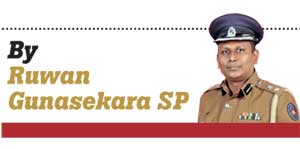 appointment of Sir Richard Aluwihare the first Sri Lankan Inspector General of Police in 1947 is a turning point in the history of Police. He has rendered an immense service towards the endurance of Police and the welfare of Police Officers.
appointment of Sir Richard Aluwihare the first Sri Lankan Inspector General of Police in 1947 is a turning point in the history of Police. He has rendered an immense service towards the endurance of Police and the welfare of Police Officers.
The first incident of sacrificing a life by a Police officer, while he was on duty for maintaining law and order, had occurred at Uthuwankanda, Mawanella on Monday, 21stMarch, 1864.
While conducting an operation carried out to arrest a suspect named, Deekirikevage Saradiel, the Police officer named Sabhan was shot by another suspect, Mammale Marikkar and had faced death in a brave manner.
Through the establishment of an organised Police Service after adopting the Police Ordinance No. 16 of 1865, it becomes evident that the commencement of maintaining the register of Police war heroes had helped the establishment of an organised policing method.
It can be mentioned with pride that Sri Lanka Police is the leading institution for protecting Law & Order among the oldest public institutions in Sri Lanka.
With profound respect, we should commemorate the demise of 3,117 Police officers, who had valiantly sacrificed their lives for ensuring the safety of lives and property of the public and the territorial integrity of Sri Lanka.
An incident that took place in 1915 had marked the commencement of Police riot control duties to protect lives and property of the people of this country. It has been recorded in history that the Martial Law had been first imposed on Western and Sabaragamuwa Provinces by the then Government and 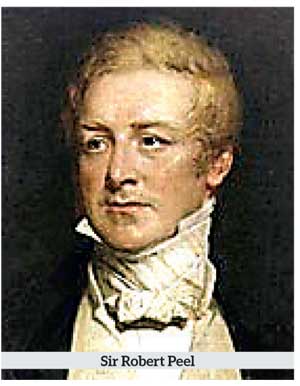 that power had been delegated to the Police to provide security.
that power had been delegated to the Police to provide security.
Further, the Police had performed their duty to minimise the loss of lives and property with minimum facilities and strength during many violent situations erupted before the period (1948-1971) of forming of Sri Lankan Republic.
During this time, the first Woman Police Constable was killed and it is worth commemorating the demise of 15 female officers, who sacrificed their lives during the war against terrorism.
In addition to that, Sri Lanka Police had fought at the risk of their lives together with tri forces for the territorial integrity of the motherland during the thirty years of war with terrorism and internal tensions that had erupted in the southern area of the island.
The Sri Lankan Police which serves 24 hours to protect lives and property of each and every citizen consists of about 87,000 officers and 484 Police Stations.
Expeditious steps are being taken to increase this organisational structure to 600 functional Police Stations. Special attention has been given by the government under the leadership the of President, Prime Minister, Minister of Law & Order and Inspector General of Police in this regard.
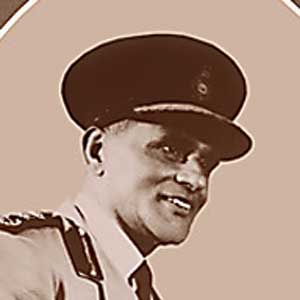
The Sri Lanka Police, which faced significant challenges during the most recent 50 years out of its 150 year period, have also achieved innumerable victories. Specially, during the time of war and post-war period, combating crimes had been carried out successfully.
Apart from the above, it is one of the responsibilities of Police to contribute to the duties performed by the other public institutes.
Furthermore, new targets have been set for achieving the development of public welfare. Accordingly,
"Police serves 24 hours a day to protect every citizen consists of about 87,000 officers and 484 Police Stations..."
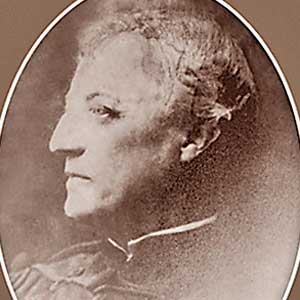 been implemented covering a period of one month, enabling the public to receive services from the Police easily. Concurrently, Police officers had rendered their services to implement the programmes with the village community under the themes of religious, educational, cultural, health, sports and public affairs. During such events, steps had been taken to make an enormous contribution to environmental protection for idyllic surroundings and to provide constant contribution to eradicate dengue.
been implemented covering a period of one month, enabling the public to receive services from the Police easily. Concurrently, Police officers had rendered their services to implement the programmes with the village community under the themes of religious, educational, cultural, health, sports and public affairs. During such events, steps had been taken to make an enormous contribution to environmental protection for idyllic surroundings and to provide constant contribution to eradicate dengue.
"The Police Service was informally established in Sri Lanka by the British as a means of providing a security measure through patrolling ...."
In commemoration of the 151st Police Day, the official ceremony will be held under the leadership of Prime Minister Ranil Wickremesinghe on Tuesday, September 7 at 2.30 p.m. at the grounds of the Police Field Force Headquarters, Bambalapitiya.
The ceremonial parade consists of Police parachute displays, Police band performance, tattoo drill and drill squad. A magnificent display will be given by the Kennels Division and the Mounted Division that will add colour to the event. Measures have been taken to facilitate the public to participate in this ceremony and to watch the drills.